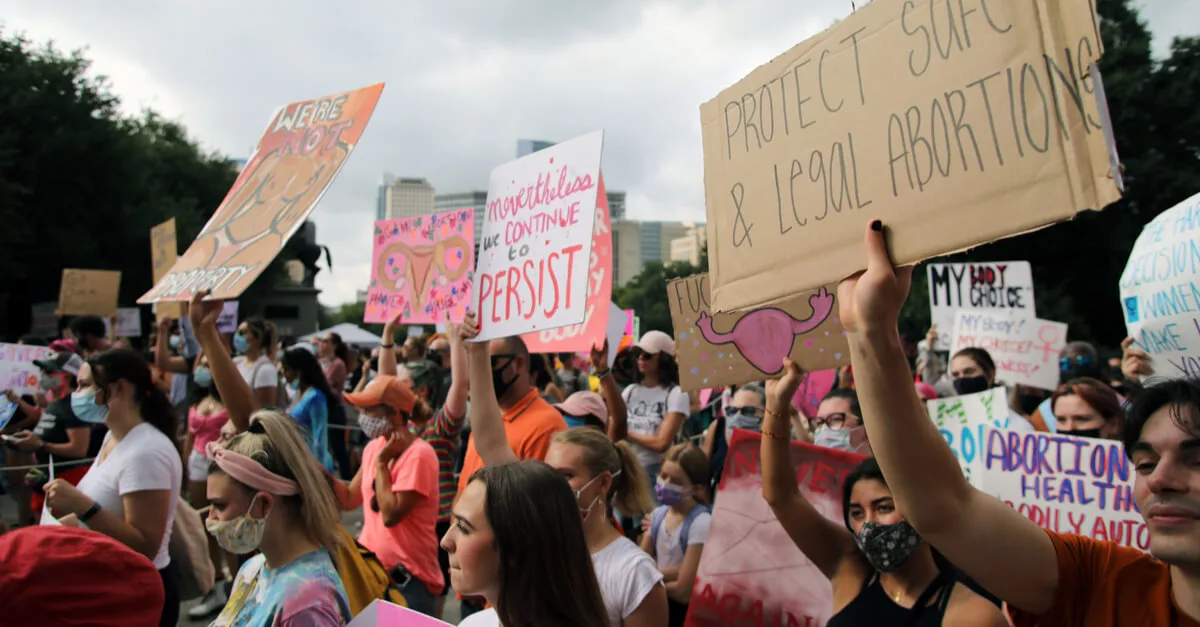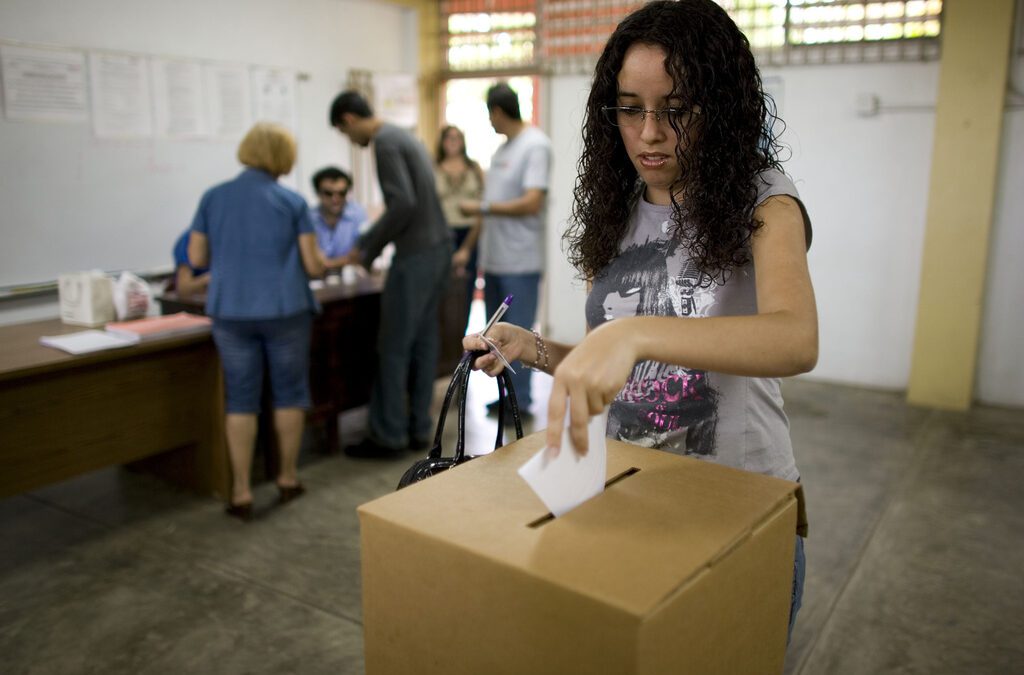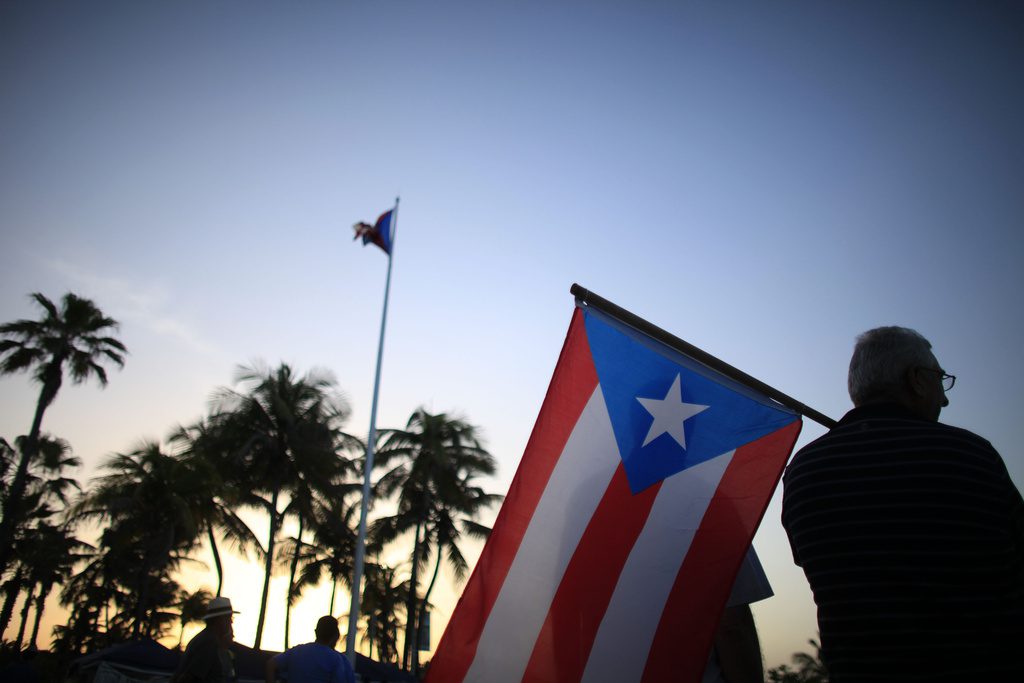
Image via Shutterstock
Here’s what the SCOTUS decision and Gov. DeSantis’ newly signed abortion ban mean for Florida.
By a vote of 6-3, the US Supreme Court has just voted to overturn Roe v. Wade, the law that held that the Constitution protected a woman’s right to an abortion prior to the viability of the fetus.
What does this mean for Florida?
Abortion will remain legal in Florida, as the state’s highest court has recognized the right to abortion under the Florida Constitution.
However, on Thursday, April 14, Gov. Ron DeSantis signed a law (HB 5) banning abortions in the state after 15 weeks. Every Republican in both houses voted for the bill, every Democrat voted against.
When does the law take effect?
The law takes effect July 1, 2022.
What does Florida’s new abortion ban do?
The “Reducing Fetal and Infant Mortality” law (HB 5) makes the following changes to current Florida law:
- It redefines “gestation” from “between fertilization and birth” to “as calculated from the first day of the pregnant woman’s last menstrual period.”
- It changes the legal period of abortion from before the “third trimester” (24 weeks) to before the “gestational age of 15 weeks.”
Abortions are completely banned after that time unless:
- Two physicians certify that, in reasonable medical judgment, terminating the pregnancy is necessary to save the pregnant woman’s life or avoid a serious risk of substantial and irreversible physical impairment of a major bodily function of the woman “other than psychological,”
- Or if the fetus has not achieved viability (as defined under Florida Statute 390.01112) and two physicians certify in writing that the fetus has a fatal abnormality.
In an emergency medical situation, a single physician could certify an abortion is necessary if the conditions named above are met.
Are there any exceptions to the abortion ban after 15 weeks?
Florida law permits an abortion after 15 weeks as an emergency procedure to save the woman’s life, when there’s risk of a physical impairment to the mother if the pregnancy is carried to full term, or if in reasonable medical judgment the fetus has a fatal abnormality.
For each condition, two physicians must certify this in writing, although one physician may certify it if another physician is not available for consultation.
How many months is 15 weeks?
Three months and three weeks. A full-term pregnancy is considered to be 39-40 weeks.
Does the Florida abortion bill make exceptions for rape, incest, human trafficking, or mental health?
No. Republican lawmakers in both the House and Senate voted against amendments that would have made exceptions for rape, incest, human trafficking, and mental health.
Are abortion pills still legal in Florida?
Yes. In 2021 the Food and Drug Administration permanently removed a key restriction on medication used to terminate pregnancies, allowing “abortion pills” to be available by mail and prescribed through telehealth medical consultations. However, medical abortions are only offered through the first 10 weeks of pregnancy, and Florida law requires that a physician be involved for any abortion at any point in the pregnancy.
What do supporters of the 15-week abortion ban say?
Supporters of the law say that much more is known about fetal development today than 49 years ago, when the Supreme Court decided Roe v. Wade, and improved medical tests and procedures have shortened that period.
What do those who oppose the 15-week ban say?
Some physicians say that amniocentesis to screen and test for potential fetal abnormalities doesn’t happen before week 15 and by the time results are back, pregnant people would be past the legal time frame.
Roughly 700 physicians in Florida signed an open letter to the state Legislature opposing the 15-week abortion ban, calling it an “alarming attempt to improperly insert politics into the patient-clinician relationship” and said the consequences for Floridians would be dire.
What do Floridians think?
According to a poll taken by the University of North Florida’s Public Opinion Research Laboratory, 55% of voters surveyed opposed the abortion bill. However, opposition grew to 60% when they were told the ban didn’t make exceptions for victims of rape or incest.
Politics

Inside Puerto Rico’s unique role in the US presidential race
Although residents of Puerto Rico can't vote for president in November, they could potentially still influence Electoral College calculations....



Biden makes 4 million more workers eligible for overtime pay
The Biden administration announced a new rule Tuesday to expand overtime pay for around 4 million lower-paid salaried employees nationwide. The...
Local News



Inside Puerto Rico’s unique role in the US presidential race
Although residents of Puerto Rico can't vote for president in November, they could potentially still influence Electoral College calculations....



Biden makes 4 million more workers eligible for overtime pay
The Biden administration announced a new rule Tuesday to expand overtime pay for around 4 million lower-paid salaried employees nationwide. The...





